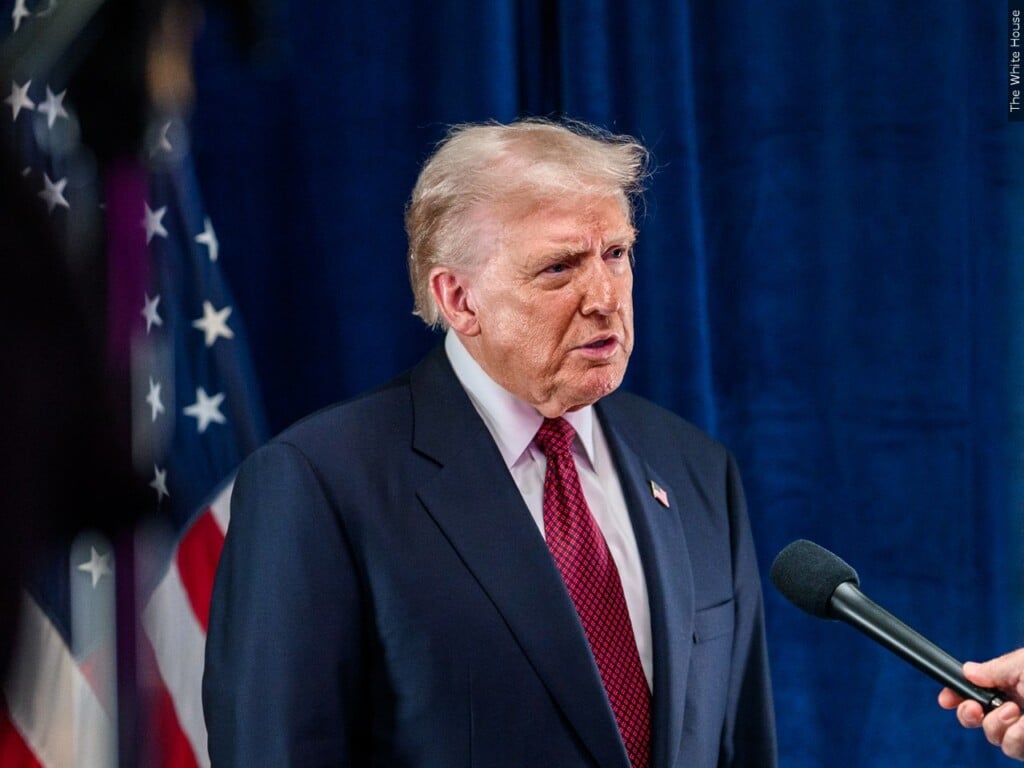Google CEO says there are “no plans to launch search in China” – live updates
Last Updated Dec 11, 2018 1:50 PM EST
Google CEO Sundar Pichai is defending his company’s efforts to protect the privacy of users and denying accusations of political bias as he testifies before Congress Tuesday morning. The hearing in the House Judiciary Committee began at 10 a.m., with House Majority Leader Kevin McCarthy telling Pichai that there is a “widening gap of distrust” between tech companies and the American people. McCarthy also said he is concerned Google’s business practices may have been influenced by employees’ political bias against conservatives.
The chairman of the committee, Rep. Bob Goodlatte, R-Virginia, told Pichai, “I think it is fair to say that most Americans have no idea the sheer volume of information that is collected. Today, I hope to get answers on the extent of data collection and use by Google.”
The committee’s top Democrat, New York Rep. Jerrold Nadler called the notion of bias a “delusion” and “right-wing conspiracy theory.” Nadler says Tuesday’s hearing is the House Judiciary Committee’s fourth one to address political bias. He says lawmakers should instead examine issues such as the spread of misinformation and Russia’s efforts to influence U.S. elections online.
Several Republicans expressed concern about political bias against conservatives and in favor of liberal groups. Pichai is also likely to face questions about privacy concerns related to its Google Plus service, which is being shut down, and allegations that the search engine suppresses conservative voices.
On another topic, whether Google is working on a search engine in China, Pichai said, “Right now we have no plans to launch search in China.” In August, the Intercept reported that Google has been working secretly on a censored search engine with China. In 2010, Google withdrew its censored search service out of China in response to the Chinese government’s free speech limits. “We currently do not have a search product there,” he also said under questioning by Rep. Tom Marino, R-Pennsylvania.
Rep. Zoe Lofgren, Democrat of California at one point early in the hearing asked Pichai to explain why it is that when users search for “idiot” online, photos of Donald Trump appear. How does that happen, she wondered?
Any time you type in a keyword, Google has stored billions of web pages in its index, he told her, and Google takes the key word and matches it against the web pages and ranks them, based on 200 signals — “things like relevance, freshness, popularity, how other people are using it,” he explained, and based on that, “we try and find the best results of any query.”
“So it’s not some little man sitting behind the curtain figuring out what [Google is] going to show the user…?”
“We don’t manually intervene on any search,” Pichai told Lofgren.
Conspiracy theorist Alex Jones and Trump adviser Roger Stone showed up for the hearing, standing in line with the public for seats in the room. As Pichai entered the hearing room, Jones yelled that Apple and Google were working with China to censor people. He also chanted, “Google is evil.”
Pichai’s appearance comes more than three months after he turned down an invitation to testify in August, to the consternation of some lawmakers. Some members of Congress are now mulling whether tougher regulations to curb the power of Google, Facebook and other technology companies are needed in addition to demanding tighter controls over digital privacy.
Several conservatives have become concerned that Google and other social network companies are filtering information by conservative sources. House Judiciary Committee Chairman Robert Goodlatte raised these concerns.
Goodlatte called Google “one of the largest data collectors in human history.” “With this massive authority comes the potential for far-reaching abuse,” he said.
Meanwhile, Ranking Member Jerry Nadler disputed that Google was discriminating against conservative viewpoints, saying “we should not stop the delusions of the far right” from allowing the committee to investigate how Google and other social network companies may have allowed foreign powers to interfere with American elections.
© 2018 CBS Interactive Inc. All Rights Reserved. This material may not be published, broadcast, rewritten, or redistributed. The Associated Press contributed to this report.




Leave a Reply